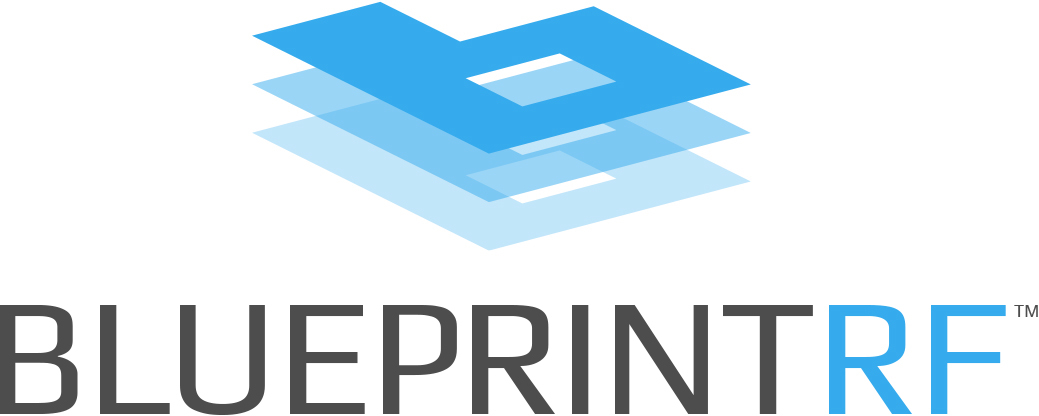Technological glitches can turn a glowing 5-star guest review into a devastating 1-star rant.
When guests stay in a hotel, they expect everything to go smoothly. This means efficient check-in processes, a stay with reliable modern amenities, and a seamless check-out experience. Any sort of hiccup, like a data interruption, can negatively impact guest experience. Unfortunately, major interruptions such as power outages usually cannot be anticipated.
So, how can you reduce downtime, ensure high performance, and promote faster network recovery times? High availability clusters are a crucial component to accomplishing just those things, and ultimately to maintaining a positive guest experience.
What are High Availability Clusters?
A high availability cluster is a group of servers connected by a network switch or router. The high availability system architecture is built on the notion that systems should always have a backup plan – and a backup plan to the backup plan. Rather than a single server, the use of server clusters provides contingencies against outages.
A high availability cluster aims to provide redundancy for critical services such as email, web applications, database management, and other mission-critical functions. A high availability cluster also provides redundancy for non-mission-critical functions like file systems storage and data backups.
Why Choose a High Availability Cluster?
There are many server technologies available today with impressive capabilities. With several options for your network’s architecture, why are HAC (high availability clusters) such a strong choice?
High availability clusters provide several benefits:
- Reduced risk of losing data due to hardware failure – If your primary server crashes, the HAC will take over without losing data.
- Increased reliability – If one server fails, another seamlessly takes over. This means continuous uptime is attained.
- Improved performance through load balancing – When multiple servers run on a single physical machine, each server must compete with other resources such as RAM, CPU, and disk space. With a HAC, these resources are shared among all the servers, which improves overall system performance.
- Simplified System Maintenance – Aside from unplanned outages, another potential threat of system downtime is when you are installing system upgrades. High availability clusters solve this issue by restoring the server to the host, where production can continue to be run while local operations are being updated or upgraded.
The technical implications are impressive, but the most important part is the impact of such a technology on businesses. For any company to buy into technology it’s understandable to question its effect on your bottom line.
Real-World Benefits of High Availability Clusters & System Architecture
We’ve discussed the technological benefits, but what does it mean for your hotel?
Your guest experience is in part attributed to the power and reliability of your network. Using a high availability cluster allows for proper load balancing, making for a more efficient data flow. This means the entire operation runs faster, positively impacting the guest experience.
The most significant effect is the prevention of complete data interruption. If such an interruption occurs, it leaves a sizeable negative impression on your guests. If this data interruption were to last for an extended period, the number of guests impacted could be massive.
Many unhappy guests are a recipe for poor online reviews, with potentially devastating effects. The internet holds a lot of power, and it doesn’t take much for unhappy guests to tarnish your reputation and reduce your revenue.
Utilizing a high availability cluster will help avoid this by keeping guests happy with their stay from the moment they enter your hotel until the moment they depart.
Final Thoughts
In today’s world, it is imperative to protect against unforeseen events. In the case of reliable networks, we strongly suggest using high availability clusters to prevent data loss and to keep your guests satisfied and eager to rebook.
BlueprintRF’s DG2 is a server that provides HA clustering for high reliability. If power outages occur, guests will be completely unaware due to the backup systems in place. Bandwidth is dispersed based on usage to ensure optimal performance and reliability. This will power your hotel’s network without interruption and keep those guests satisfied with their stay.









